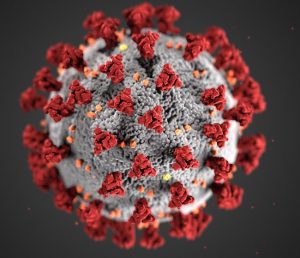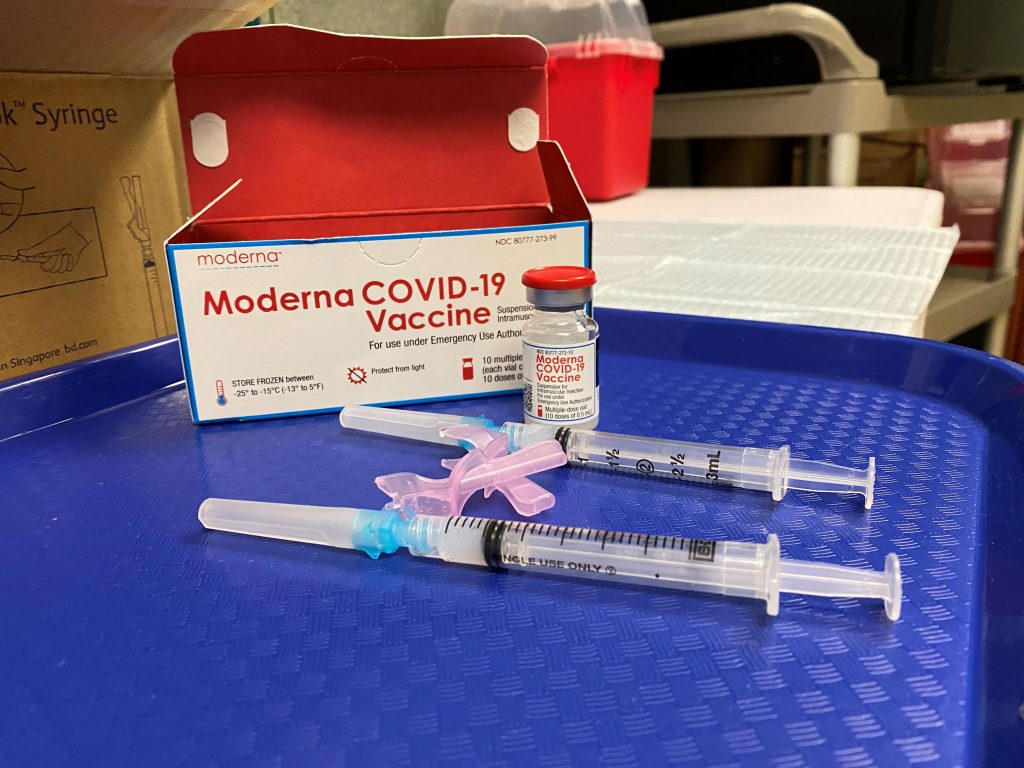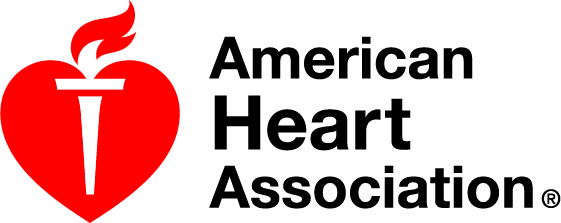The corresponding author of a recently published – and then quickly retracted – letter in The Lancet decrying the failure of the Chinese Ministry of Health to pay doctors and other health care workers says authorities did not pressure him to withdraw the piece.
The letter begins:
As the COVID-19 pandemic comes to an end in China, medical personnel who have worked tirelessly to fight the omicron (B.1.1.529) variant are now facing a new challenge. Despite their heroic efforts, many of them are now struggling to receive the financial compensation they deserve.
The second sentence cites a blog post on Weixin.
Continue reading Author denies Chinese censorship prompted COVID-19 retraction







